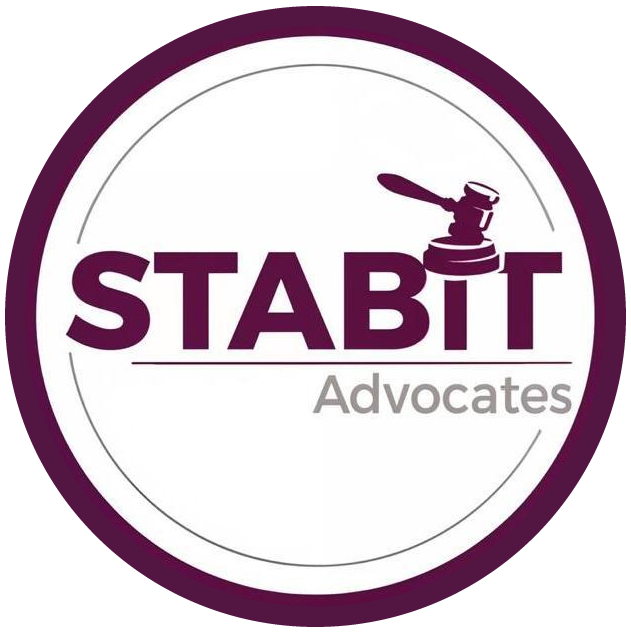The Remote Work Revolution: Navigating the Legal Landscape of the New Corporate Reality. A stabit…

Looking for Company Articles of Association?
The Articles of Association are the second most important document for a company, following the Memorandum of Association. Both documents are essential components of a company’s incorporation process. The Articles of Association define the regulations governing the company’s operations and delineate its purpose. They outline the procedures for conducting tasks within the company, such as appointing directors and managing financial records, serving as a “user manual” for the company. In essence, the Articles are the “Constitution of a Company.”
Contents of the Articles of Association
The Articles of Association typically include, but are not limited to, the following contents:
- Company Name
- Objectives of the Company
- Company Address Details
- Share Capital
- Organization of the Company
- Financial Provisions
- Provisions on Resolutions
- Provisions Regarding Company Meetings
Legal Framework and Optional Adoption
Pursuant to the Rwandan Law governing Companies, a company may choose whether to adopt Articles of Association. In their absence, the rights, powers, duties, and obligations of the company, its Board of Directors, each director, and each shareholder are governed by the applicable laws in Rwanda. While the law provides a framework, it is often general in nature and may not address specific issues that could arise in the daily management of the company.
Reasons to Adopt Articles of Association
While adopting Articles of Association is optional in Rwanda, it is highly recommended for a company to adopt them for the following reasons:
- Regulatory Framework: They outline the rules and regulations, or by-laws, for governing a company’s internal affairs and conduct.
- Governance Structure: They establish the internal rules and regulations for the governance of the company, delineating the powers of the directors and officers, as well as the rights of shareholders.
- Financial Management: They specify the procedures for issuing stocks, distributing dividends, and maintaining financial records.
- Board-Shareholder Relations: They provide a framework for the relationship between the Board and shareholders, as well as among the directors and shareholders.
- Member Rights and Obligations: They govern the relationship between the company and its constituent members by prescribing the rights and obligations of the members.
Conclusion
In conclusion, although the adoption of Articles of Association is optional in Rwanda, they are essential for the effective management and organization of a company. The presence of these Articles can significantly reduce the potential for conflicts in the day-to-day management of the company by providing clear and express provisions on how the company should be managed and delineating the responsibilities of various parties. Additionally, while the general provisions of Rwandan law apply in the absence of Articles of Association, these provisions are often broad and may not address specific disputes as effectively as a well-drafted Articles of Association.
Furthermore, by adopting Articles of Association, a company can ensure a more tailored and precise governance framework that aligns with its unique objectives and operational requirements. This proactive approach not only fosters transparency and accountability but also enhances the overall corporate governance standards, ultimately contributing to the long-term success and sustainability of the company.
If you love our article on “Company Articles of Association?,” check back here for more legal news and insights.
Contact Information
Stabit Advocates
Website: www.stabitadvocates.com
Email: info@stabitadvocates.com
Phone: +250 789 366 274
For more information or to discuss your case, please contact us at www.stabitadvocates.com.
This guide is intended to provide general information and does not constitute legal advice. For specific legal advice tailored to your situation, please consult with a qualified attorney at Stabit Advocates.




This Post Has 0 Comments